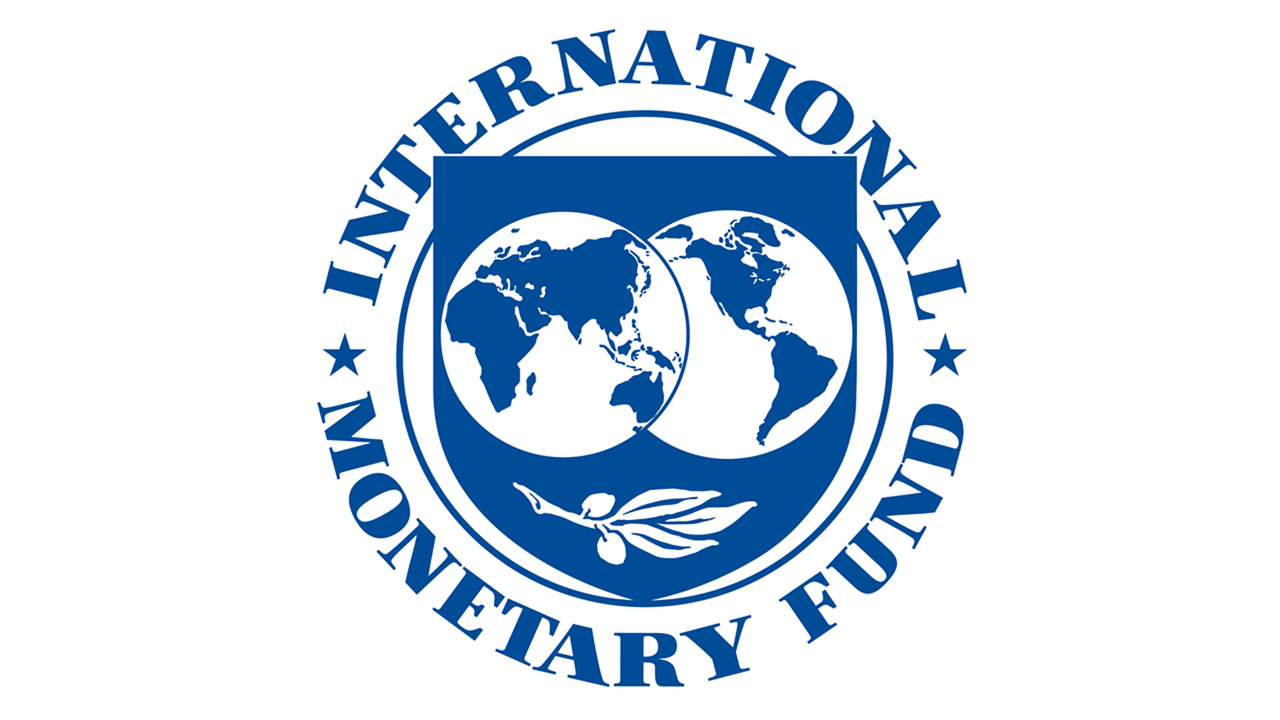CBDCs to boost financial inclusion, cross-border payments — IMF

SINGAPORE — The International Monetary Fund (IMF) has underscored the importance of central bank digital currencies (CBDCs) in expanding financial inclusion and improving cross-border payments.
“Adoption of CBDCs is nowhere close. But about 60% of countries are exploring them in some form today. CBDCs can replace cash which is costly to distribute in island economies,” IMF Managing Director Kristalina Georgieva said in a speech at the Singapore Fintech Festival 2023 on Wednesday.
“They can offer resilience in more advanced economies. And they can improve financial inclusion where few hold bank accounts,” she added.
Ms. Georgieva noted that progress has been made in exploring CBDCs and developing related regulations. However, there is “much more space for innovation and so much uncertainty over use cases,” she said
“The public sector should keep preparing to deploy CBDCs and related payment platforms in the future,” she added.
To ensure the efficient deployment of CBDCs, Ms. Georgieva said policies and private sector participation will be crucial.
“Country authorities wishing to introduce CBDCs may need to think a little more like entrepreneurs. Communication strategies, and incentives for distribution, integration, and adoption, are as important as design considerations,” she said.
Artificial intelligence (AI) could also support the promotion of CBDCs.
“It could improve financial inclusion by providing rapid, accurate credit scoring based on various data. It could provide personalized support to people with low financial literacy,” Ms. Georgieva said.
“To be sure, we need to protect personal privacy and data security, and avoid embedded biases so we don’t perpetuate inequality but aim to reduce it. Managed prudently, AI could help,” she added.
CBDCs can also help facilitate cross-border payments, which are often costly and slow, she said.
“Efficient cross-border payments allow for capital to get more quickly to where it is needed. Small businesses can grow beyond borders, and households can receive needed funds from abroad.”
In September, the Bangko Sentral ng Pilipinas announced the distributed ledger technology for its wholesale CBDC pilot called Project Agila.
Meanwhile, President Ferdinand R. Marcos, Jr. said at the same event that the government is committed to digitalizing the banking sector to make financial services more inclusive to Filipinos.
“The Philippines is likewise cementing its position as a hub for digital innovation and entrepreneurship, with a dynamic startup scene that holds immense promise,” Mr. Marcos said in his keynote speech delivered via hologram.
Mr. Marcos noted the importance of ensuring finance remains inclusive despite rapid digitalization.
“That is why we are putting great emphasis on the digitalization of all cash flows—regardless of amount or scale—so that Filipinos can start building a digital profile,” he added.
“The Philippines — with its innovative spirit and openness to collaboration — is eager to work with you in seizing all the opportunities that lie ahead. The Philippines also remains ready to adapt new technologies to respond to the demands of our regional and global challenges,” he added.
FINTECH AGREEMENT SIGNED
Meanwhile, FinTech Alliance.ph and the Australian Trade and Investment Commission (Austrade) signed a memorandum of understanding on Wednesday at the event to help enhance fintech policies and improve trade between the two countries.
Under the agreement, initiatives will be organized to ramp up financial services that will lead to “enhanced commercial opportunities.”
“The partnership will also foster information sharing on emerging market trends and developments, including the use of new technologies to improve the fintech ecosystem in their respective markets,” the Australian Embassy in the Philippines said in a press release.
“It will also provide a framework for the Philippines to look more closely at Australia’s experience in open banking. At the same time, Australian fintech firms can learn more about the rapid development of the Philippines digital economy,” it added. — Luisa Maria Jacinta C. Jocson



